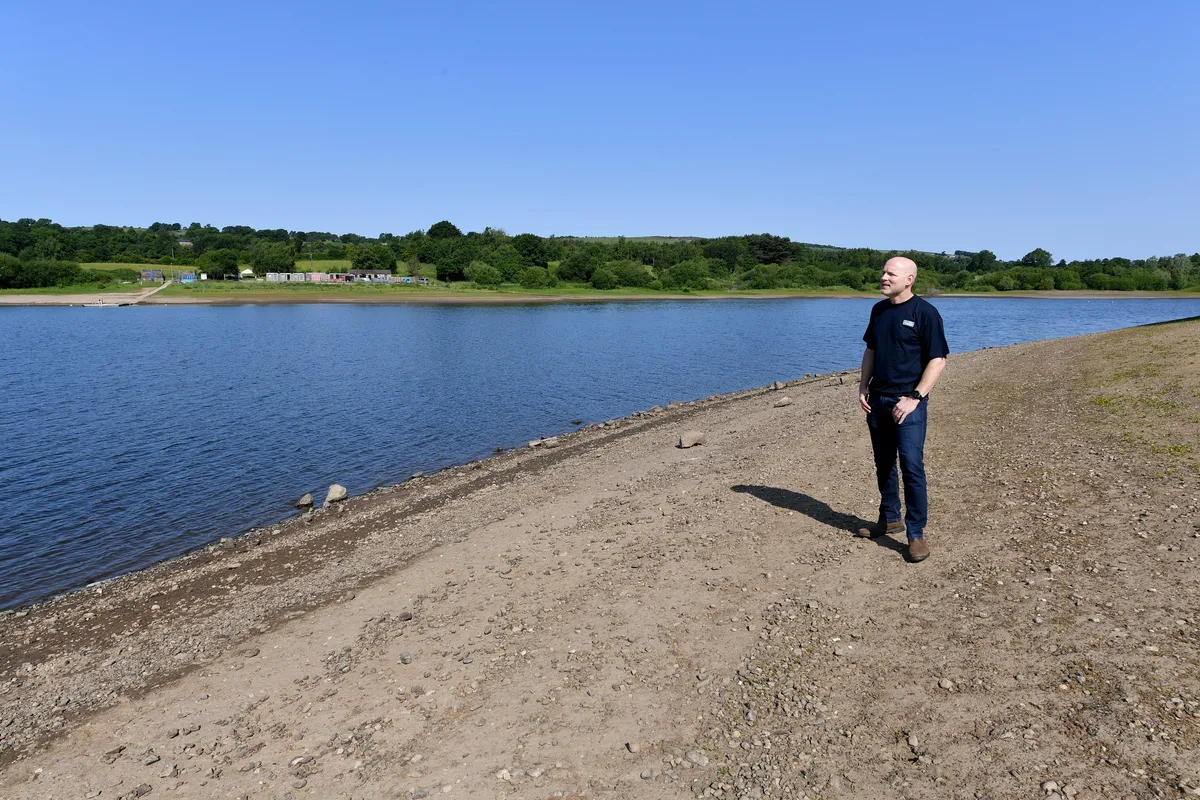Copyright expressandstar

Despite rainfall across the region in recent weeks - including heavy downpours and flood warnings in the West Midlands - water storage levels have remained low. On Monday, the overall water storage level across Severn Trent's reservoirs fell to 49.8 per cent, down from 51.5 per cent on October 13 and 52.9 per cent the week before. The company's reservoirs have a maximum capacity of 247,708 million litres (ML), but as of Monday, they held 123,278 ML. Reservoir levels have been in steady decline following a prolonged dry summer, during which residents were urged to be mindful of their water use. Levels first fell below 50 per cent in September and have since hovered around the halfway mark. By contrast, on October 21 last year, water storage stood at 82.2 per cent, and the first recording for that month was at 75.8 per cent. In its latest weather and drought report covering the week of October 10 to 16, the Environment Agency (EA) said the West Midlands remains in drought, with less than 1mm of rainfall recorded in most areas between that period. In a separate update, South Staffs Water reported that for the week commencing October 6, the water level at Blithfield Reservoir stood at 42.6 per cent - below the company's five-year average for this time of year. Severn Trent officials said there is less water in reservoirs than hoped for at this time of year, and urged residents to remain vigilant and continue being 'water-wise'. Doug Clarke, Water Resources Planning Lead at Severn Trent, said: "We have seen some rain in recent weeks, but it's easy to forget we had the driest spring on record and the annual rainfall this year is way below what we normally see. "At many of our sites reservoir levels are improving, but we do have less water than we would want in some of our reservoirs at this time of year. "With climate change, experts say droughts like we experienced this year could happen more often. This is why it’s important we all do our bit to help reservoirs refill over winter. "That is why we would encourage everyone to continue to be water-wise all year round, not just during the summer. By doing so, they can help the environment - and save themselves money if they have a meter, or even through their energy usage on hot water." Reservoir levels briefly rose on September 22, marking the first increase since February. The EA said "significant rainfall over sustained periods" will be needed to return water levels to normal for this time of year. Its report stated: "Despite improving conditions in north-west England due to recent rainfall, drought risks in parts of the south-east continue to increase. "It has been a very dry week across England, with less than 1mm received in most regions. This means October rainfall has been low, with England having received only 25 per cent of the long term average (LTA) rainfall for the month so far. Overall reservoir storage for England has decreased. "Above average rainfall in September has brought improvements or stabilisation in the water situation for some water companies, but further significant rainfall over a sustained period is needed to return to normal conditions."



